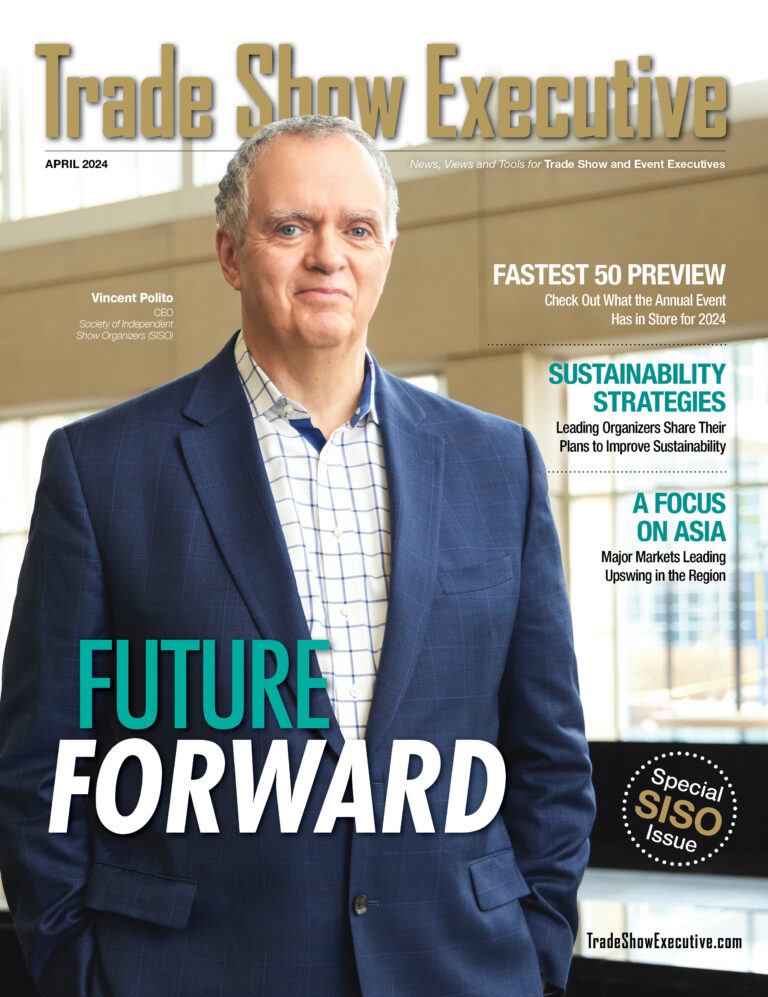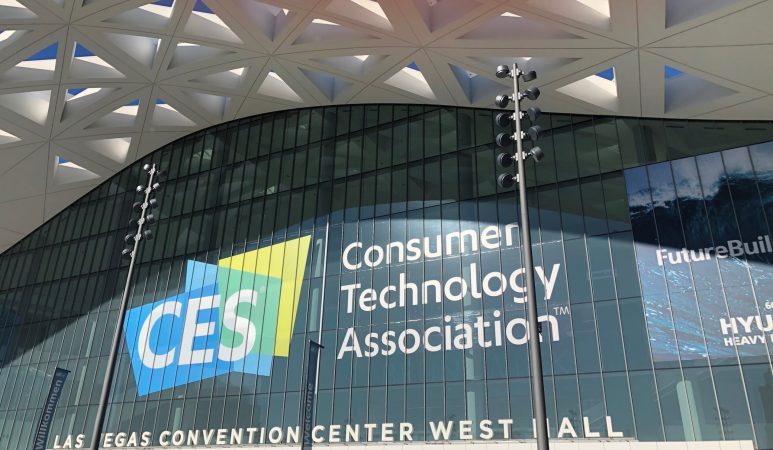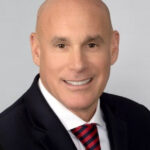Beyond the Numbers: Why Independent Audits Matter for the Events Industry is a contributed article from the Consumer Technology Association.
Since CES began in 1967, we have released an estimated number of CES attendees as the show officially wraps. For CES 2024, that meant sharing that more than 135,000 industry executives, buyers, government officials, and media had joined us in Las Vegas, well above our previously shared targets. But the truth is, we don’t have an official count of attendees for months, until our independent audit is complete. (This year’s audit – releasing next week – will be finalized at record speed, some two months after the close of CES 2024.) That makes us relatively unique in the events world, where some organizers would rather have inflated attendee counts than externally vetted data.
Why do we feel so strongly about the auditing process? For one, it’s part of our ethos of honest disclosure. As a non-profit association, we serve others and have a special obligation to transparency and truthful reporting. We also know that in a competitive environment for events, we can’t rest on our reputation as the world’s most impactful technology event – we have to ensure that the show earns it each year.
We also see it as a good business practice, and one that can and should be a value-add for any major event. Exhibitors at trade events invest an incredible amount of time, money and institutional effort when they participate in trade shows. Anyone who’s spent a day building, staffing or managing a booth understands the amount of energy that’s required, not to mention the enormous effort that takes place to dream up a build-out and bring the necessary materials, collateral and staff together.
At the same time, business leaders are increasingly looking for data to justify their marketing investments. They must constantly evaluate the cost of participation in trade shows against marketing budgets for paid social media, partnerships, activations, sponsorships and other forms of advertising. It’s no longer enough for marketing leaders to tout ‘strong attendance’ or ‘positive attendee interactions’ – they’re looking for in-depth data to ensure they’re not just reaching big audiences, but the right audiences.
That’s especially true these days, as businesses scrutinize travel budgets and consider more hyper-targeted marketing investments. But it’s long been true that failure to share credible attendee data can undermine an event’s relevance. Consider the cautionary tale of COMDEX. For two decades, COMDEX dominated the tradeshow industry, packing out convention centers. Then, the show began to decline as companies like IBM pulled out of the event, citing doubts about impact. In damning comments to Reuters in 1997, an IBM spokesperson shared doubts that the show was attracting the decision-makers responsible for buying its products, saying, “claims on the number of people attending the show and the demographics on the types of customers that go can’t be substantiated…We’ve asked for an independent audit for a number of years, and they’ve refused.” The show was sold, resold and finally canceled in 2003.
While the investment is deeper for exhibitors, the same logic applies to attendees. Executives want to attend events where they know they’ll learn, discover trends and new revenue opportunities and network with peers and other decision-makers.
Auditing will become even more important as the events industry continues to shift. Pandemic-era forecasts of a permanent move to virtual events were mistaken. People want to be together, and in surveys some 95% of trade show exhibitors say they prefer in-person events to virtual ones. At the same time, the industry won’t return to pre-pandemic norms. Industry consolidation will continue to wean out many events as exhibitors and attendees become increasingly selective about which events to put on their calendars. Independent audits allow events to stand out from the crowd.
It’s important, of course, to recognize that the audit process can be complex and time consuming. CES follows guidelines set out by UFI – the global association representing audited exhibitions – which includes evaluations not just of the show floor and attendees, but the registration process, data cleanup and reporting. Accurate audits also require an on-site team at shows to ensure the processes are followed in practice.
Still, as the competition for marketing dollars grows, we believe that auditing will become not just a nice-to-have, but a need-to-have for shows that are serious about demonstrating their impact. Auditing allows industry experts to prioritize the events that will most effectively market their brands. Event organizers can attract the thought leaders that best align with their audience and objectives. Ultimately, our industry will reap the rewards.
Gary Shapiro is CEO at the Consumer Technology Association (CTA)®, North America’s largest technology association and the owner and producer of CES® — the world’s most powerful technology event.
Kinsey Fabrizio is President at the Consumer Technology Association (CTA)® , North America’s largest technology association and the owner and producer of CES® — the world’s most powerful technology event.












